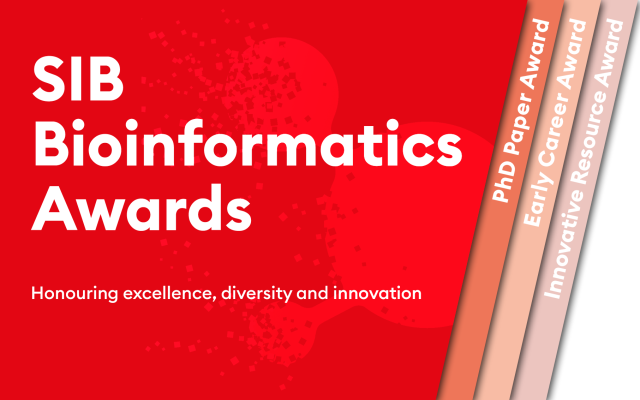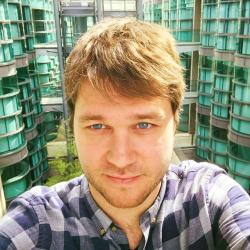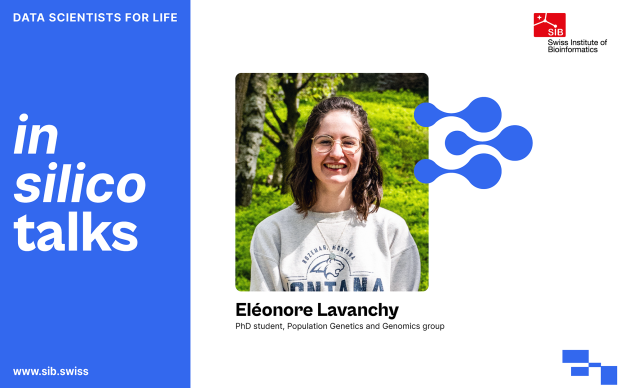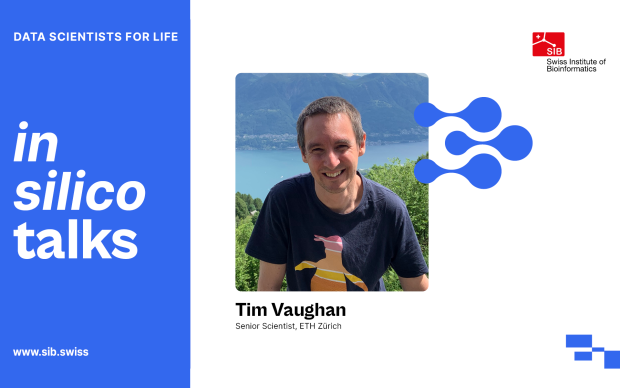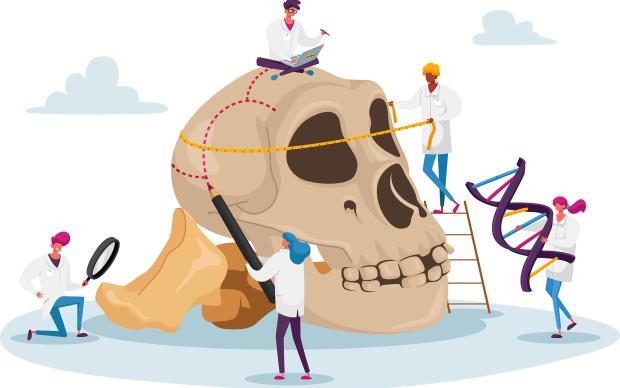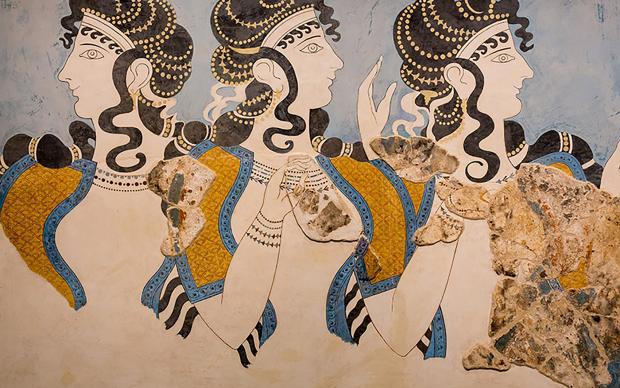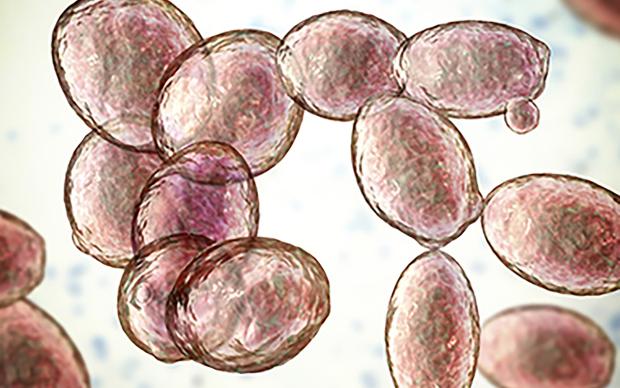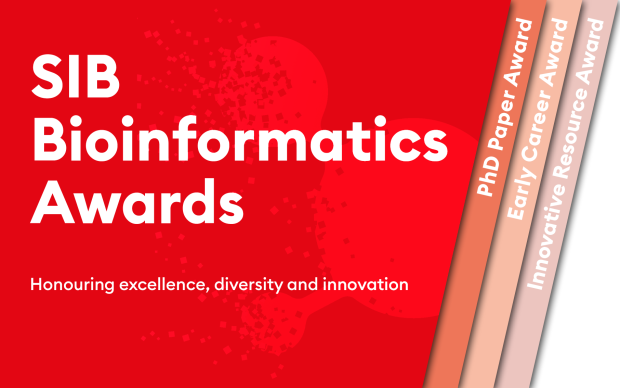José Aguilar-Rodríguez – Laureate of the 2017 SIB Best Swiss Bioinformatics Graduate Paper Award
José Aguilar-Rodríguez received the award for his paper “A thousand empirical adaptive landscapes and their navigability”, which was based on work he conducted as a PhD student in the team of SIB Group Leader Andreas Wagner at the University of Zurich.
Currently, José Aguilar-Rodríguez is a Postdoctoral Research Fellow in the laboratory of Dmitri Petrov in the Department of Biology at Stanford University and in the laboratory of Daniel Jarosz in the Department of Chemical & Systems Biology at Stanford University School of Medicine. There he continues his research towards a better understanding of how genotypes map into phenotypes, by studying how the fitness or phenotypic effect of a mutation is affected by the environment and the genetic background in which it occurs. To find out more about José’s work, visit his webpage and follow @jaguilarrod on Twitter.
About the SIB Bioinformatics Awards and our interview series “Meet the past SIB Awards Laureates”
Started in 2008 as an initiative to distinguish young bioinformaticians in Switzerland, the SIB Bioinformatics Awards have gone a long way since: from a single national award to three different prizes today, honouring 1) international early career bioinformaticians (SIB Early Career Bioinformatician Award), 2) excellency within the Swiss PhD community (SIB Best Swiss Bioinformatics Graduate Paper Award) and 3) innovative bioinformatics resources (SIB Bioinformatics Resource Innovation Award). Throughout the years, 21 awards have been presented, with nine laureates recognized for their outstanding early career, ten Graduate students for their excellent publication and two bioinformatics resources for their innovative aspect.
In 2019, the SIB Bioinformatics Awards will be presented for the 10th time, providing a great occasion to reach out to past laureates and ask them where they are now in their career: this interview is part of a series inviting you to meet past SIB Bioinformatics Awards laureates.
What are your current research interests?
My main research interests are the evolution of biological systems and the fundamental organizational principles of life. More specifically, my research aims to elucidate how genotypes map onto phenotypes in diverse biological systems and endeavour with important consequences for evolution, development, and disease. This goal is broad enough to capture many of the genetic and evolutionary phenomena I find fascinating such as robustness, evolvability, epistasis, pleiotropy, phenotypic heterogeneity, gene expression noise, or protein mistranslation. In my research, I try to incorporate the mechanistic perspective of systems biology into an evolutionary framework. Because the type of biological research I like most is the one that blends experiments with theory, I am trying to improve my experimental skills during my postdoc without neglecting the computational and quantitative skills I acquired during my PhD in Zurich.
In your personal opinion, what is the single most fascinating discovery made possible by bioinformatics?
The computational tools of bioinformatics in combination with next-generation sequencing technologies have made revolutionary changes in fields such as population genetics, quantitative genetics, or microbial ecology and evolution. There are just way too many discoveries that have been made in these fields thanks to the alliance between bioinformatics and high-throughput technologies to just highlight one. However, if forced to choose one from the history of bioinformatics, I would choose the realisation by Zuckerkandl and Pauling in the early sixties that biomolecules (DNA and proteins) are information carriers that can be used as “documents of evolutionary history” to reconstruct the “genealogy” of life.
What do you like to do in your free time?
I love reading books. Lately, I have been fascinated by classical antiquity and I have mostly been reading about Ancient Greece, but in general my reading interests are very broad and go from science fiction to the history of science. I have a hunger for adventure that I try to satisfy with travelling around the world, mostly to visit ancient ruins or natural landscapes, and now by enjoying the natural beauty of California while hiking or camping. This summer I would like to find the time to improve my sailing skills in the San Francisco Bay and to learn scuba diving. I also enjoy swimming and spending time with good friends.
Any words for the future generation of bioinformaticians?
I see bioinformatics as a very powerful tool to enable biological discoveries in association with high-throughput experimental technologies. Therefore, I think it is crucial to have a deep understanding of the biological systems of interest, and the details of the experimental methods used to generate the data that needs to be analysed. In this sense, I also think it is very important to never forget that despite a strong theoretical or statistical background, a bioinformatician should primarily be a biologist trying to answer questions about living systems. And these are truly fascinating times to be a biologist with lots of exciting opportunities for young scientists!


